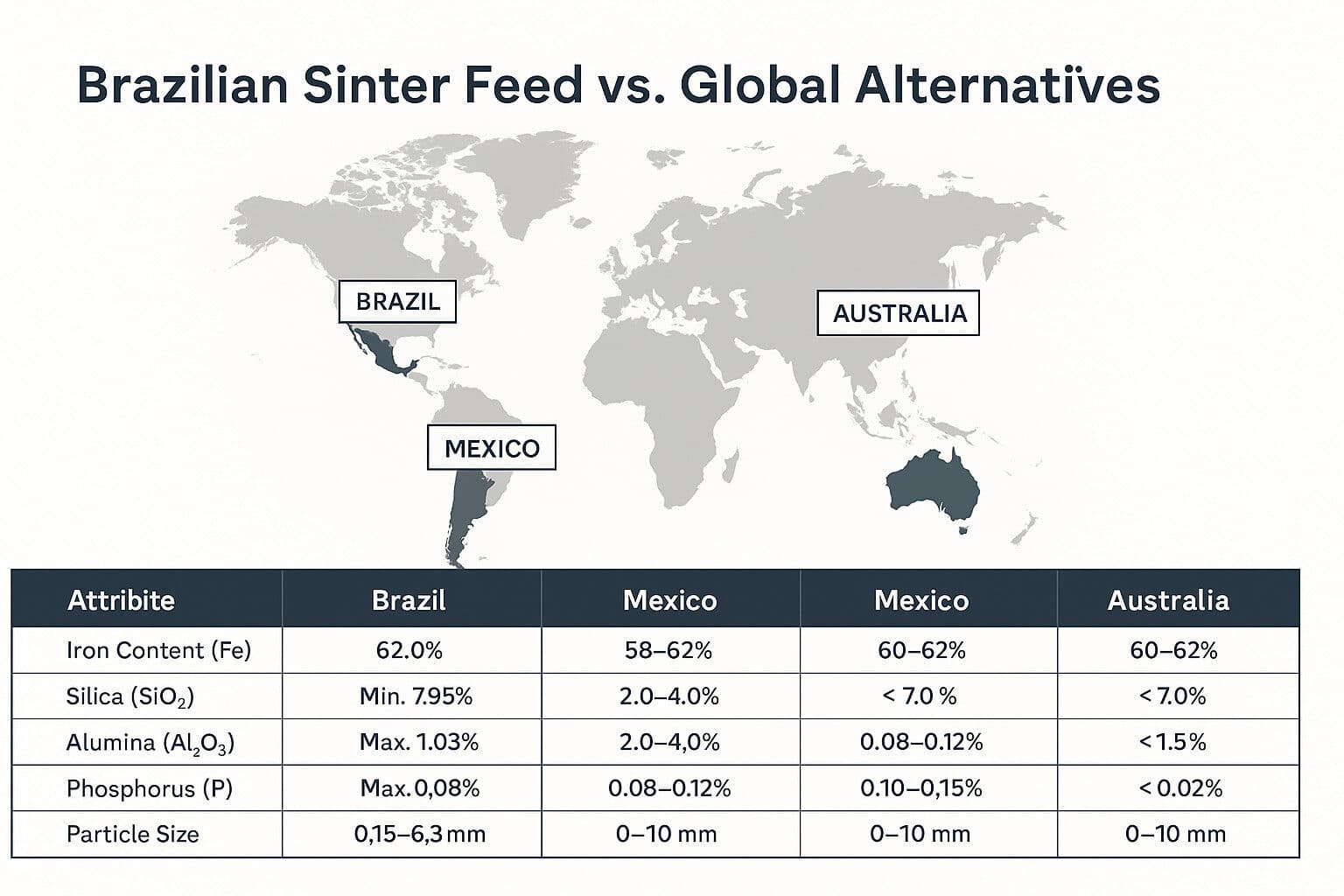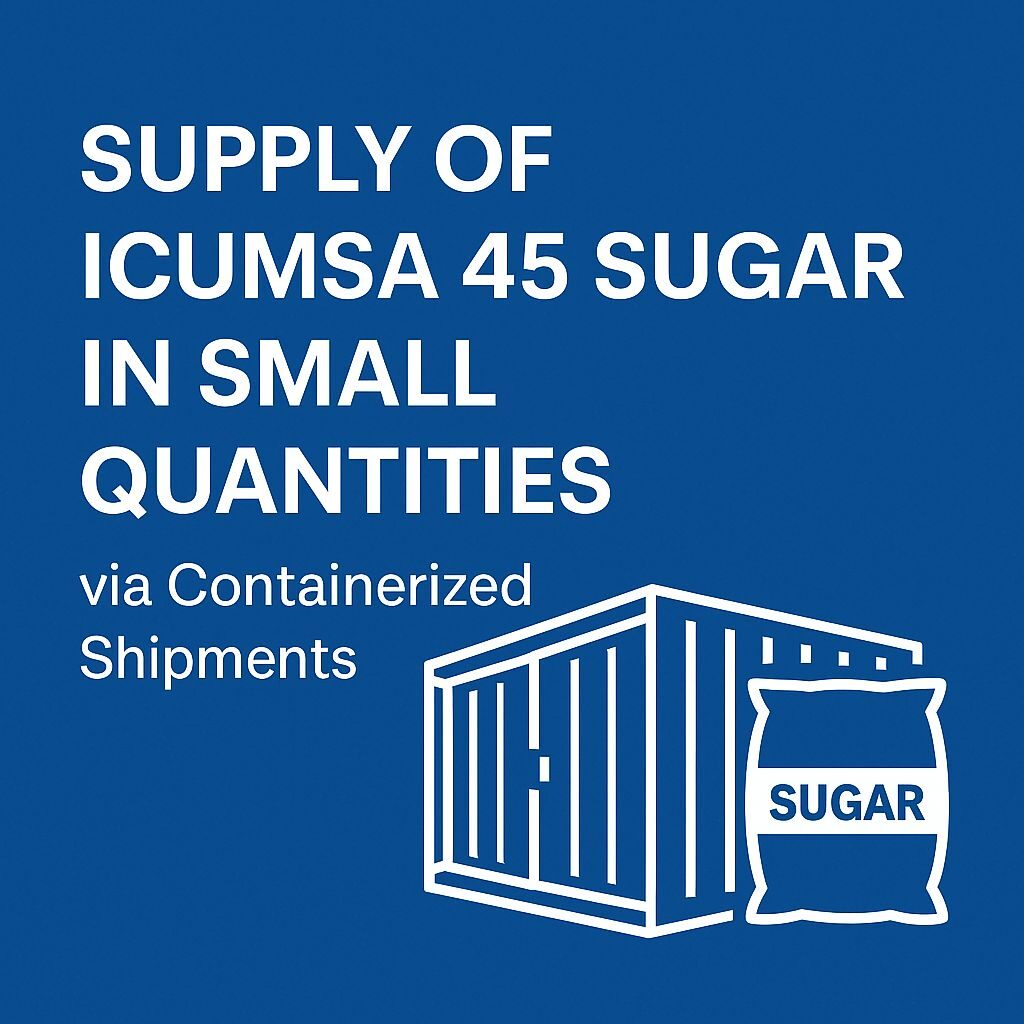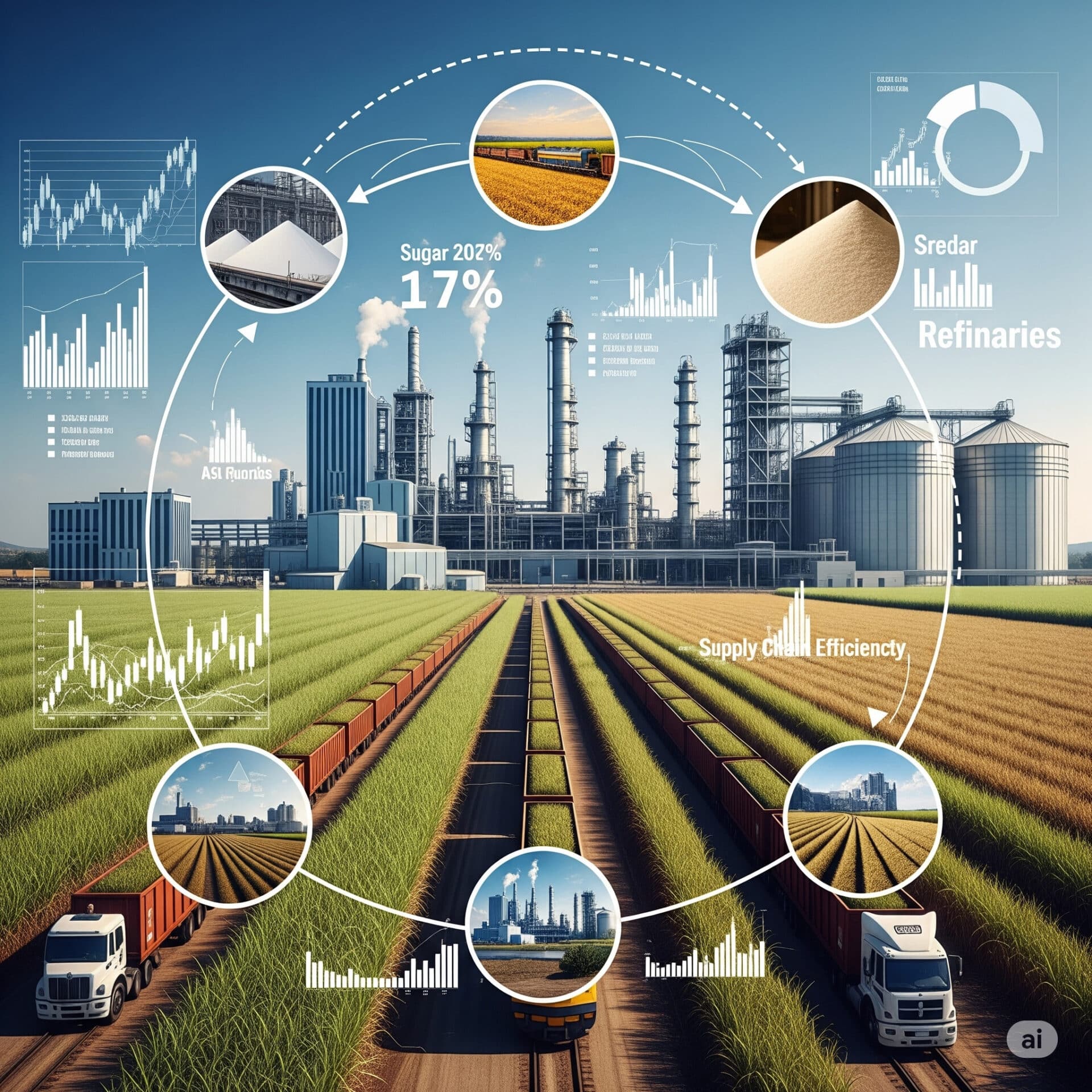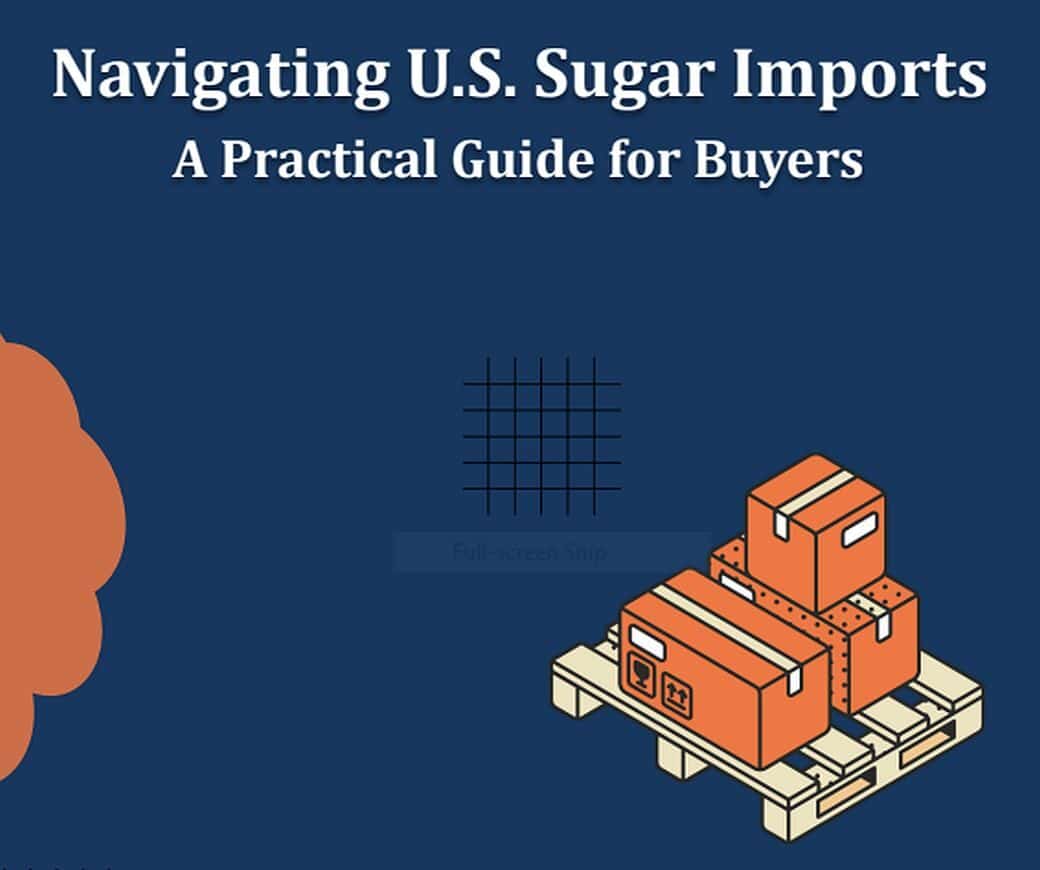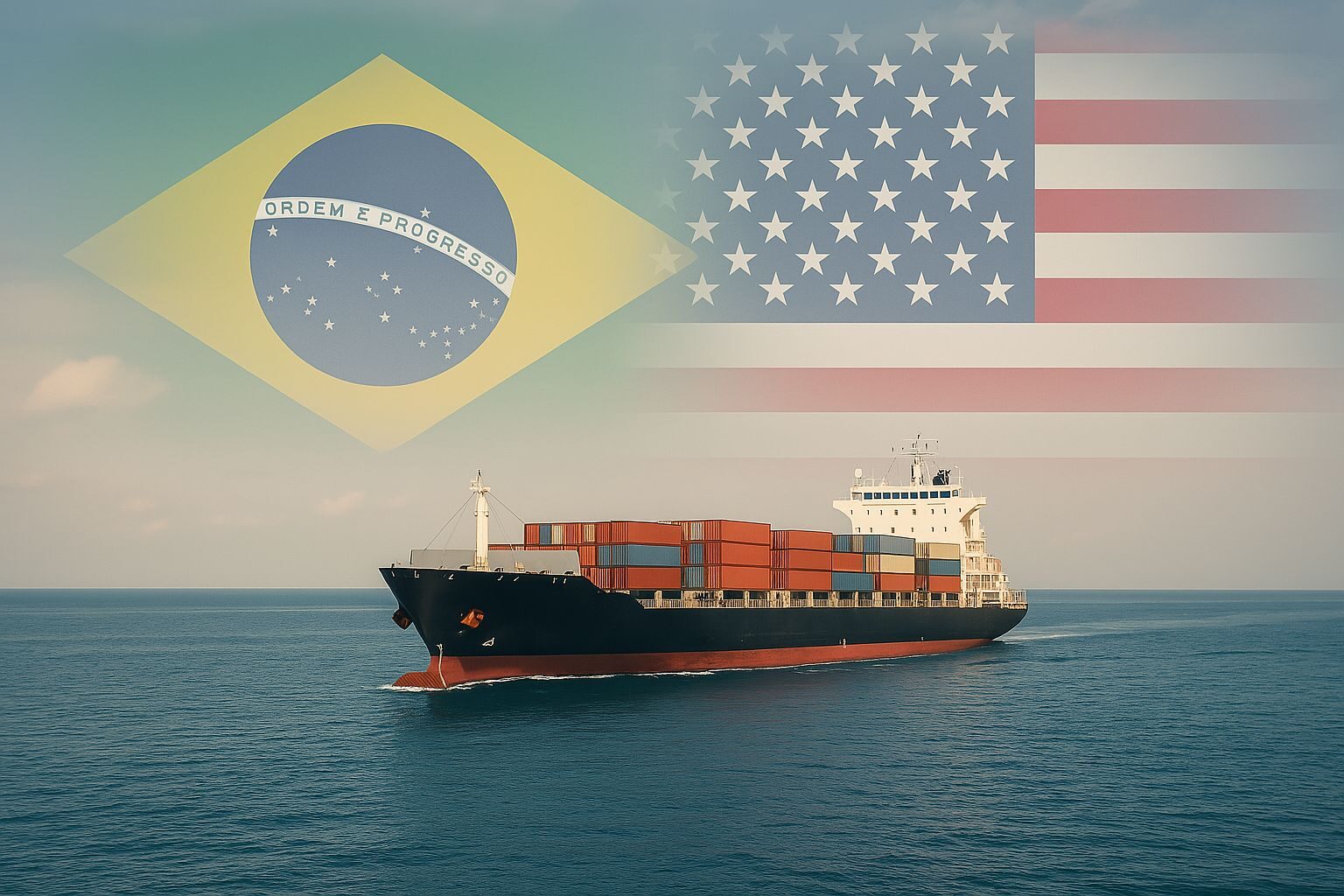The Complex Dynamics of the Global Sugar Market
The global sugar market is a multifaceted and intricate system, influenced by a wide range of factors that interact and impact one another in complex ways. Understanding these dynamics is crucial for stakeholders across the sugar value chain, from farmers and traders to food manufacturers and policymakers.
Sugar Production: A Weather-Dependent Industry
Sugar production is heavily reliant on weather conditions, which can significantly impact crop yields and quality. Weather anomalies, such as droughts, floods, and extreme temperatures, can lead to reduced yields, lower quality crops, and increased production costs. For example, a drought in a key sugar-producing region can result in reduced yields, while excessive rainfall can cause logistical challenges in harvesting and transportation.
The impact of weather on sugar production is further complicated by the fact that sugar crops are grown in diverse regions around the world, each with its own unique climate and weather patterns. This means that weather-related disruptions in one region can have a ripple effect on global sugar supplies and prices.
Sugar Demand: A Complex Interplay of Factors
Sugar demand is driven by a variety of factors, including consumer preferences, industrial applications, and government policies. The increasing demand for sugar in the food and beverage industry, coupled with the growing popularity of sugar-based biofuels, has put considerable pressure on global supplies under pressure.
However, the rise of health-conscious consumers has led to a shift towards alternative sweeteners, impacting the traditional sugar market. This trend is further complicated by the fact that different regions have different preferences for sweeteners, with some countries favoring sugar over high-fructose corn syrup, for example.
Geopolitics and Trade Policies: A Key Driver of Sugar Market Dynamics
Geopolitical dynamics and trade policies play a crucial role in shaping the sugar market. Trade agreements, tariffs, and subsidies implemented by governments can significantly influence the flow of sugar across borders. For example, protective measures by some countries to shield their domestic sugar industries can lead to market distortions and price volatility.
The impact of trade policies on the sugar market is further complicated by the fact that different countries have different trade agreements and policies in place. This can create a complex web of trade relationships, with some countries having preferential access to certain markets while others face tariffs and quotas.
The Interplay between Sugar Production, Demand, and Geopolitics
The interplay between sugar production, demand, and geopolitics creates a complex and dynamic system that is subject to a wide range of risks and uncertainties. Weather-related disruptions, changes in consumer preferences, and shifts in trade policies can all impact global sugar supplies and prices.
To navigate this complex landscape, stakeholders across the sugar value chain need to have a deep understanding of the underlying dynamics of the market. This includes understanding the impact of weather on sugar production, the complex interplay of factors driving sugar demand, and the role of geopolitics and trade policies in shaping the market.
Implications for Stakeholders
The complex dynamics of the global sugar market have significant implications for stakeholders across the sugar value chain. For farmers, understanding the impact of weather on sugar production and the complex interplay of factors driving sugar demand is crucial for making informed decisions about crop management and marketing.
For traders, understanding the role of geopolitics and trade policies in shaping the market is essential for navigating the complex web of trade relationships and managing risk. For food manufacturers, understanding the impact of changes in consumer preferences and the rise of alternative sweeteners is crucial for developing effective marketing strategies and managing supply chains.
For policymakers, understanding the complex dynamics of the sugar market is essential for developing effective policies that support the development of the industry while also addressing the needs of consumers and the environment.

